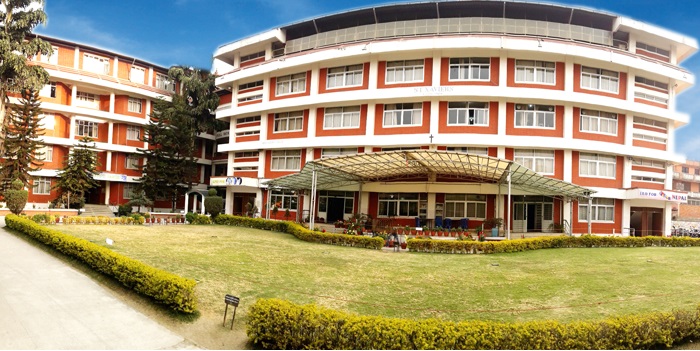The recent announcement by the government to provide free medicines for hemophilia patients is a welcome step forward in addressing this rare genetic blood disorder. Hemophilia is a condition where the body is unable to produce sufficient clotting factors, leading to prolonged and profuse bleeding even when the cuts or injuries are not very big. Living with hemophilia is challenging, to say the least. According to the Chitwan Medical College journal published in 2024, parenting a child with hemophilia causes more stress than parenting a normal child. According to the comprehensive study which examined the psychosocial burdens of parents, 60.5% of the parents having children with haemophilia had a moderate level of psychosocial burden.
Globally, more than 200,000 people are said to be living with some form of hemophilia. Nepal's National Population and Housing Census, 2021, estimated that close to 809 patients are living with this condition. According to the latest Annual Global Survey by the World Federation of Hemophilia in 2023, there are 809 hemophilia patients in Nepal. Of them, 44 percent are said to be between the ages of 19 and 44. Most cases are of Hemophilia A, a deficiency of clotting factor VIII, while the remaining have Hemophilia B, a deficiency of clotting factor IX. Clotting factor deficiency is triggered by a lack of protein and platelets. Health Minister Pradip Paudel has announced that the ministry, in collaboration with the World Federation of Hemophilia, will provide essential drugs required to treat hemophilia at all government hospitals throughout the country. This initiative has been welcomed by stakeholders as a crucial step toward meeting the care needs of hemophilia patients, many of whom have faced significant financial burdens. Hemophilia treatment or the clotting factor concentrates required for treatment are prohibitively expensive, costing tens of thousands of rupees per month. Without these necessary medicines, patients risk severe complications such as joint damage, internal bleeding, and even death.
Govt to provide free hemophilia treatment

However, while this initiative is commendable, it is essential to consider the broader context of Nepal's healthcare system and the challenges it faces. Nepal, a country grappling with poverty and limited resources, must ensure a consistent supply of these life-saving medicines in hospitals nationwide. The financial burden on the state to provide free treatment for hemophilia patients could be substantial, and there are concerns about the sustainability of this initiative. Linking hemophilia treatment with existing health insurance schemes could help alleviate some of the financial strain on both the government and the patients. Additionally, while collaboration with international organizations like the World Federation of Hemophilia is beneficial, it is not a panacea. The government must adopt a holistic approach to healthcare, ensuring that all aspects of patient care, from diagnosis to treatment and follow-up, are adequately addressed.
Hemophilia, whether hereditary or acquired, is a serious condition that requires lifelong treatment and management. The government's commitment to providing free medicines is a positive step, but it must be part of a broader strategy that includes improving healthcare infrastructure, training medical professionals, and raising awareness about the disease. Only through a comprehensive and sustainable approach can Nepal truly meet the needs of its hemophilia patients and ensure that no one is left behind. While the government's initiative is a significant leap forward, it is imperative to build on this foundation with a holistic and sustainable healthcare strategy. By doing so, Nepal can provide better care for hemophilia patients and set a precedent for addressing other rare and chronic diseases in the country. With proper and timely treatment, people suffering from this condition can manage the excessive bleeding and symptoms.






































